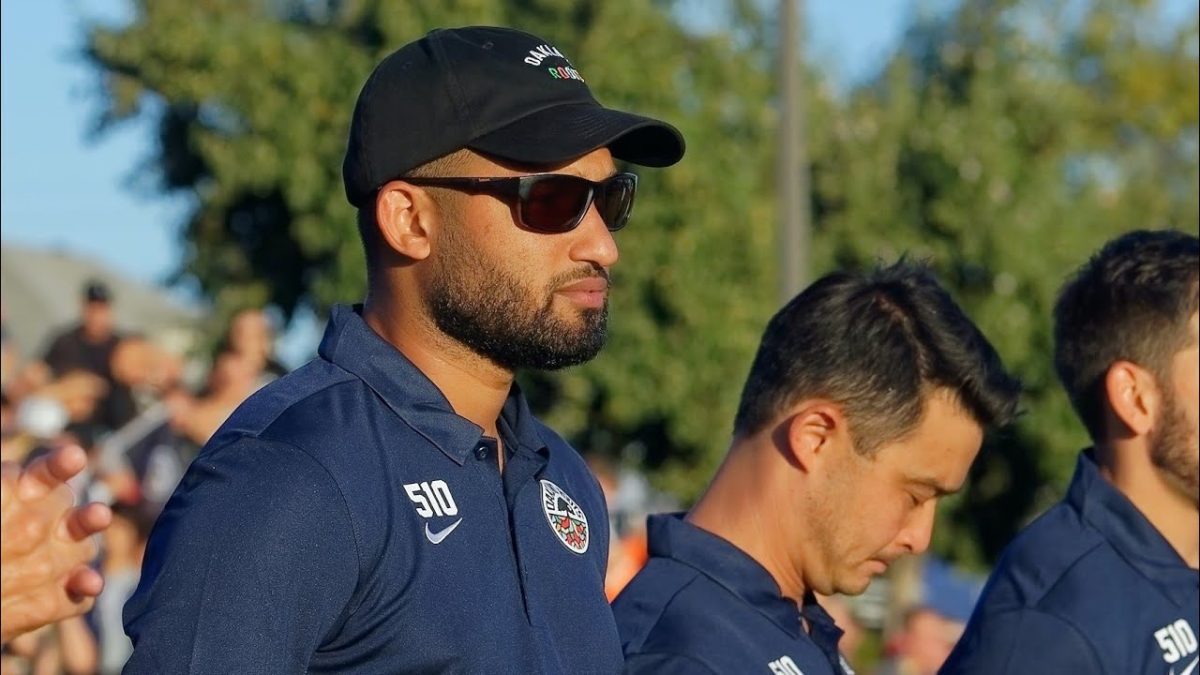Stress, of all kinds, is the top impediment for students nationwide, says Jennifer Miranda, manager of the Health and Wellness Services at Cal State East Bay.
Using information gathered from surveys sent out to students on campus, Miranda explained how students can feel overwhelmed trying to balance schoolwork, jobs, relationships, family obligations and more.
Some of the signs that may indicate that stress is overwhelming on an individual, include a change in sleep patterns or use of illegal substances such as drugs or alcohol when handling emotions and mood swings, according to the Accessibility Services section of the CSUEB official website. Miranda strives to provide services for students throughout campus that reduce stress and aid them in overcoming obstacles.
“We really look at a holistic way of treating students, meaning guiding them to campus resources within the health center,” she said.
The services offered at the Recreation and Wellness Center provide plenty of options for students to relieve themselves of physical stress, with an indoor track, treadmills, a basketball court and even massage therapy services.
While these activities, along with others offered at the RAW Center, can help students relieve stress, Miranda emphasized the importance of workshops because of how they are specifically designed to help students handle their stress. These workshops are offered three to four times a month, varying from meditation workshops to nutrition workshops and even Wii play workshops.
The meditation workshops teach students self-help skills for the next time they are stressed out; they are taught to manage stress through deep breathing, self-massage and visualization.
The nutrition workshops provide students ways to better establish wise food choices for the day, which help to sustain their energy level throughout.
Wii play workshops are two-hour workshops where students play various games on the Wii in a darkened room, located in the Wellness section of the center. Services are also offered to help students relieve emotional stress through counseling services at the Health and Wellness Center. Miranda explains that counseling sessions are free to students and that anything a student says to a counselor during a session is completely confidential.
There are three types of counseling services that students can turn to: individual, couples counseling and group counseling. Of the students who use the counseling services, 50 percent use individual counseling, 40 percent use the group counseling and 10-20 percent use the couples counseling, according to Ryan Guetersloh, supervisor of counseling.
He explains that while both group and couples counseling are beneficial to those who use them, individual counseling’s higher rate may be due to the likelihood that the students are in need of help on a more personal level. He also emphasized how common it is for students to come in for more than one session.
“Most of our available sessions are used throughout the year,” he said. “We don’t have a lot of unused sessions. We try to reach as many students as we can, either through provided services or through outreach.”
While half his time is spent in administrative work Guetersloh himself serves as a counselor for students. In his eyes, success occurs when a student reports that they feel they can handle their situation on their own and that they won’t need any more counseling services.
“The process of counseling is a process,” he explained. “It’s not where we just give you advice on what you should and shouldn’t do, but [to] help understand what is going on in your life and help you [decide] what it is you want to do.”
Guetersloh looks to build up the program’s services while continuously getting the word out to students on campus that, if needed, the counseling services are there to help.
With workshops and other services found throughout campus, Miranda hopes to enhance the overall approach and to interest more students in using the resources available to them.
“We definitely know that stress will probably always impact college students,” she acknowledged. “It’s the nature of being a student, balancing multiple obligations, learning how to keep your schedule and everything like that. So we hope to offer more workshops [and] be able to see more students actually coming in for counseling.”
















